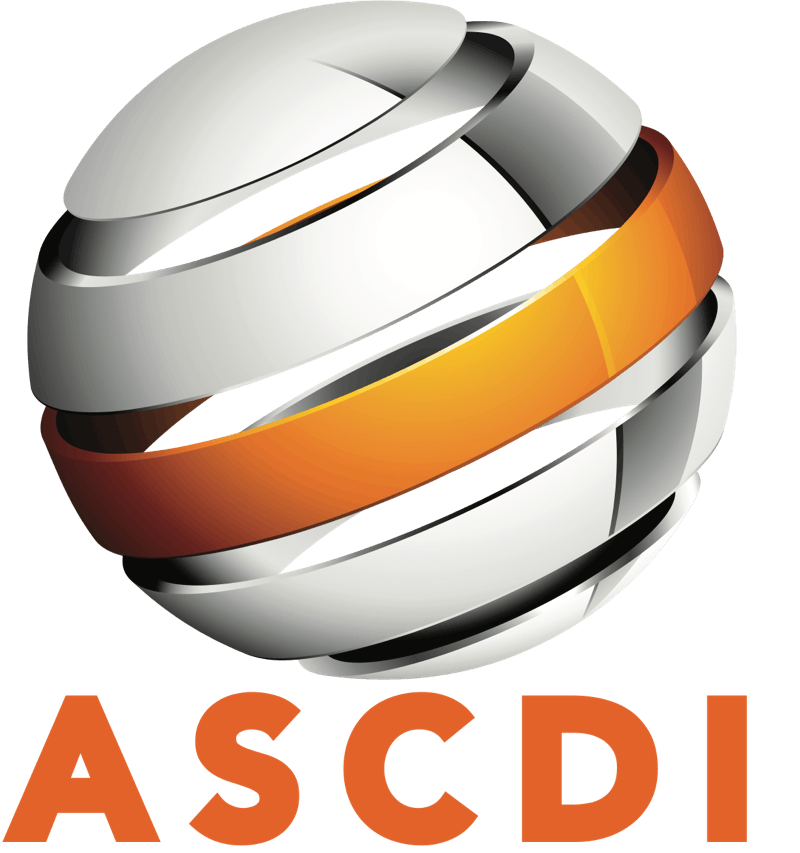First Sale Doctrine Summary and Links
Kirtsaeng v. John Wiley & Sons: The Supreme Court Got It Right
America benefits from a bright-line first sale doctrine
- The principle that if you own something it’s yours, and you are free to sell it, rent it or give it away, is considered a natural right in America. Millions of Americans exercise this right every day in venues ranging from Goodwill to garage sales, Costco to Craigslist, eBay to flea markets.
- Copyrights are ubiquitous in the goods that Americans buy and sell – books and DVD’s represent only a small fraction. Because the threshold for copyright protection requires only a minimal amount of creativity, copyrighted elements are present in logos, packaging, instruction manuals and embedded software.
- Examples of goods with copyrighted elements include cars, computers, tablets, cell phones, televisions, game consoles and virtually anything with an electronic display, such as microwave ovens and clock radios. Copyrighted elements are found in the packaging of most everyday products, literally ranging from soup to nuts.
- The Supreme Court in Kirtsaeng was correct to interpret the First Sale Doctrine as drawing a bright line between the rights of copyright holders on the one hand, and ownership rights on the other hand. Otherwise millions of goods – and transactions in those goods – will be burdened with uncertainty and clouded by potential liability.
- The Supreme Court’s interpretation of the First Sale Doctrine relied on a time-honored principle: Someone who has willingly parted with an item in a sale or other lawful transaction, and received the benefit that he or she bargained for, cannot impose a restriction on the later sale, rental or transfer of the item. This rule helps promote commerce and keeps useful items in circulation and out of landfills.
- The notion that foreign-made copyrighted goods should be exempt from the bright-line First Sale Doctrine makes no sense. Such an exemption would encourage manufacturers to offshore their operations – and outsource American jobs – in order to gain enhanced rights.
- Also, American consumers, government agencies and businesses would be constrained from access to vitally-important goods – particularly electronics, most of which are manufactured abroad. ASCDI members, in reliance on the bright-line First Sale Doctrine, have provide needed electronics for every branch of the military, law enforcement agencies, Congress, the White House, the Supreme Court, and countless others.
- Exempting foreign-made copyrighted goods from the bright-line First Sale Doctrine would turn America into a nation of lawbreakers and give rise to a copyright litigation cottage industry. Remember the RIAA’s legal rampage against song-sharing? The effect would be much worse – imagine copyright trolls on steroids sending cease-and-desist letters and clogging the federal courts.
Various media links regarding the First Sale Doctrine
- October 9, 2012- Radio interview on Voice of America on ownership rights with Jonathan Band (www.policybandwidth.com/) that can be found here. FirstSaleDoctrine.mp3 (This takes a 30 seconds to download.)
- Marketwatch- http://www.marketwatch.com/story/your-right-to-resell-your-own-stuff-is-in-peril-2012-10-04
- Channelnomics– http://channelnomics.com/2012/10/05/supreme-court-destroy-channel/
- Salon-http://www.salon.com/2012/10/08/will_scotus_make_it_illegal_to_resell_your_stuff/
- October 16, 2012- 1:00-2:00 PM Eastern time- The Association of Research Libraries is giving a webinar on First Sale, Foreign Textbooks, and the Supreme Court Case That Threatens Library Lending Tuesday. To register for the webcast please visit http://www.visualwebcaster.com/event.asp?id=89442.
- October 23, 2012- The ORI is holding a Press conference which ASCDI will be part of. A week prior, a press release will go out.
- November 26, 2012- The Colbert Report on the First Sale Doctrine
